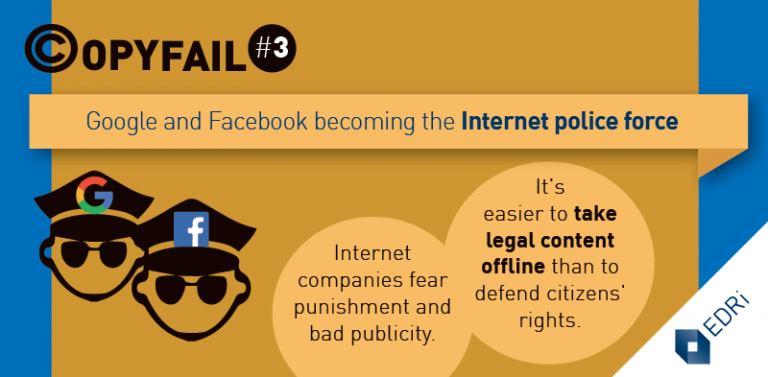Monica Hortens new book The Closing of the Net is now available.
In a mail to colleagues, fans and friends she writes…
I am delighted to announce that my new book “The Closing of the Net” has been released.
“The Closing of the Net” discusses how political decisions are influencing the future direction of Internet communication. As the interests of powerful businesses are manipulating governments and policymakers, and become more embedded in the online world, so these corporations seek greater exemption from liability. The book confronts the deepening cooperation between large companies and the state. Political manoeuvrings, it argues, suggest that the original vision of a free and democratic Internet is rapidly being eclipsed by a closed, market-led, heavily monitored online ecosystem. “The Closing of the Net” tackles the controversies surrounding individual rights today, addressing policy agendas such as net neutrality, copyright and privacy. It includes research that I have not previously published on topics including Megaupload, the EU Data Retention Directive, UK copyright lawsuits, and more.
“The Closing of the Net” is published by Polity Press http://tinyurl.com/zhqz5j6 and is available from Amazon http://amzn.to/1S6zxJ7 It has been described as “thriller-esque”! I do hope you enjoy it.
Monica Horten gave us a lot of important input about the Telecoms Package and other net oriented dossiers when I worked with the Pirate Party in the European Parliament.
